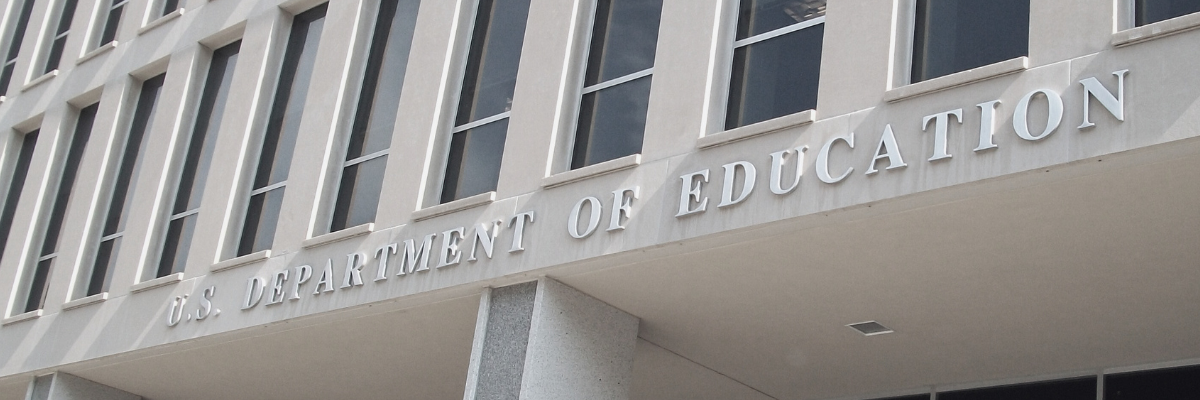
- Details
- By Native News Online Staff
The U.S. Department of Education will hold a virtual public hearing this Thursday, August 7, from 9:00 AM to 4:00 PM ET, to begin negotiated rulemaking on Title IV programs under the Higher Education Act.
The U.S. Department of Education plans to initiate negotiated rulemaking for programs authorized under Title IV of the Higher Education Act of 1965. The Department is seeking public input on potential changes to the Federal Student Loan programs, the Federal Pell Grant Program, and other Title IV programs not related to student loans.
Many Native American students depend on Pell Grants to access and complete higher education.
This is public hearing provides tribal nations, Native students, and educators to add critical testimony on why the Pell Grant Program must remain intact.
Written testimony can be submitted by Autust 28, 2026.
To participate in the hearing, CLICK HERE.
To submit a comment, CLICK HERE.
More Stories Like This
New UNLV Executive Certificate Focuses on Tribal Governance, Economic LeadershipBureau of Indian Education Graduation Rates Increase as Agency Reforms Fold into Interior and Labor Departments
Deb Haaland Announces Education Platform, Secures Teachers Union Backing
Native Americans Could Be Hit Hard as Education Department Resumes Student Loan Wage Garnishment
Hanging a Red Dress for Christmas: MMIP, Native Higher Education, and Hope for a Better New Year
Help us defend tribal sovereignty.
At Native News Online, our mission is rooted in telling the stories that strengthen sovereignty and uplift Indigenous voices — not just at year’s end, but every single day.
Because of your generosity last year, we were able to keep our reporters on the ground in tribal communities, at national gatherings and in the halls of Congress — covering the issues that matter most to Indian Country: sovereignty, culture, education, health and economic opportunity.
That support sustained us through a tough year in 2025. Now, as we look to the year ahead, we need your help right now to ensure warrior journalism remains strong — reporting that defends tribal sovereignty, amplifies Native truth, and holds power accountable.
 The stakes couldn't be higher. Your support keeps Native voices heard, Native stories told and Native sovereignty defended.
The stakes couldn't be higher. Your support keeps Native voices heard, Native stories told and Native sovereignty defended.
Stand with Warrior Journalism today.
Levi Rickert (Potawatomi), Editor & Publisher


